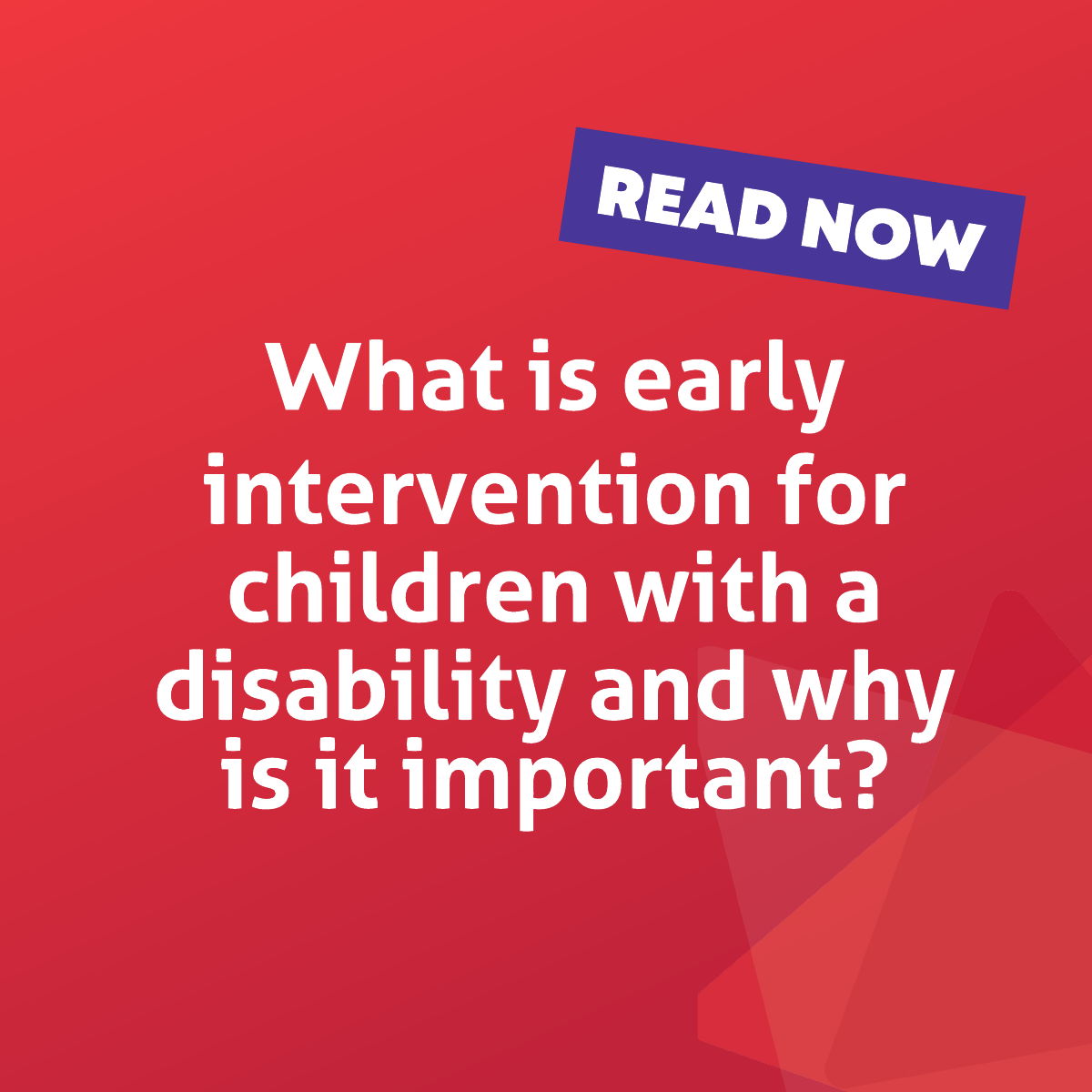Early intervention refers to a range of services and support provided to young children who have a developmental delay or disability. These services are designed to address the child’s specific needs and help them achieve their full potential. Early intervention can include therapies, educational programs, medical treatments, and other support services. To receive early intervention, you child does not require a diagnosis.
Early intervention is important because research has shown that the earlier children receive appropriate support and interventions, the better their outcomes in terms of their developmental progress and quality of life. The brain develops rapidly in the first few years of life, and early intervention can help take advantage of this critical period to promote healthy development.
For example, early intervention can help children with speech and language delays develop better communication skills, improve motor function in children with cerebral palsy, and improve socialization and behaviour in children with autism spectrum disorder. By addressing these issues early on, children can make progress in their development and potentially reduce the need for more intensive interventions later in life.
Early intervention also benefits families by providing support and resources to help them cope with the challenges of raising a child with a disability. It can help parents feel more confident in their ability to support their child’s development and improve their overall quality of life.
At Y Whittlesea we provide an Early Years Engagement Support (EYES) program designed to help children and families from our children’s services, who may be eligible to receive early intervention or support, into the National Disability Insurance Scheme (NDIS).
Working with families and agencies, we provide a holistic approach to the education and care of children and deliver tailored inclusion support plans. We provide educators and families with strategies for meeting each child’s needs.
We inform and guide you, and act as the conduit for agencies, community services and families. In doing so we aim to reduce acceptance times into the NDIS and for approval of the initial NDIS plan. We also bridge the gap between agencies, services, families and educators to create supportive learning environments that meet each child’s needs. To find out more about our EYES program click here.


